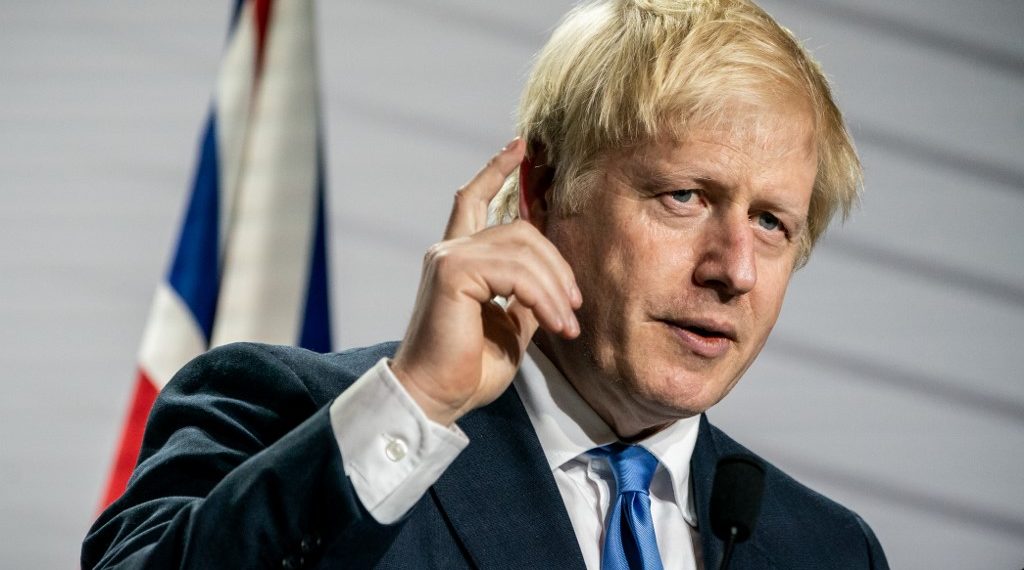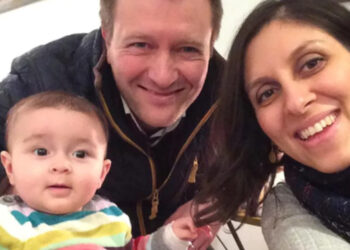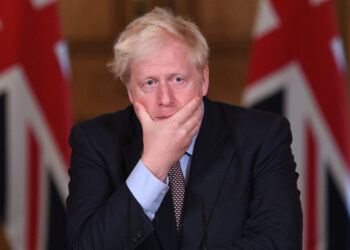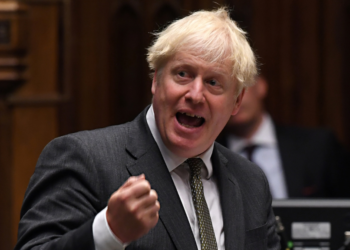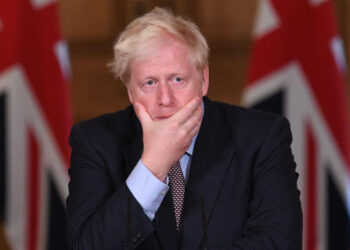Britain looked set Tuesday for a pre-Christmas election after the main opposition Labour party backed Prime Minister Boris Johnson‘s push for an early vote to try to overcome the lengthening political deadlock caused by Brexit.
Conservative leader Johnson – overseeing a minority government – is trying to lead Britain out of the deep crisis engulfing its E.U. departure that was meant to take place this Thursday.
But unable to get parliamentary support for his divorce deal with Brussels, he was forced to abandon his “do-or-die” pledge to leave the bloc on schedule and has begrudgingly accepted another extension until the end of January.
Britain’s inability to break its half-century bond with the E.U. has halted costly “no-deal” exit preparations and reportedly seen freshly minted 50-pence commemorative Brexit coins melted down.
General elections have been held twice in the last four years – in 2015 and 2017. The next is not scheduled to happen until 2022.
But Johnson has been trying to secure an early vote to try to win a majority to allow him to push through legislation to enact Brexit.
His third attempt to get parliament to agree to disband early and hold a general election on December 12 ended in failure on Monday after he fell well short of the required support of two-thirds of MPs.
Hi folks, as you all know we need to get Brexit done so we can move forward as a country. Either with this Parliament or with a new one – chosen by you, the voters. 🇬🇧 pic.twitter.com/uRT2DwnUGZ
— Boris Johnson (@BorisJohnson) October 24, 2019
But he was making a fresh bid for the same date on Tuesday using a different parliamentary procedure that would only require a simple majority.
He consulted his cabinet ministers to plot strategy in advance of another grueling session of the lower House of Commons that could stretch into the night.
Johnson’s new attempt amends existing laws requiring a two-thirds majority by proposing a simple bill with an election date.
“This house cannot any longer keep this country hostage,” Johnson told lawmakers after they defeated Monday’s election attempt.
‘Ambitious and Radical Campaign’
Johnson’s election push received a big boost when the leader of the main opposition Labour party, Jeremy Corbyn, indicated his support.
Veteran socialist Corbyn has been torn between rival camps within his own party and is facing poor polling numbers that show the Conservatives in a strong lead.
We are ready for this General Election and ready to transform our country. pic.twitter.com/bTnz5s5kOt
— Jeremy Corbyn (@jeremycorbyn) October 29, 2019
He has argued he cannot back an election until Johnson promises not to take Britain out of the E.U. without a new trade deal when the post-Brexit transition period ends in December 2020.
Britain would be following E.U. rules until that time.
But he said the latest delay to Brexit agreed by E.U. leaders on Monday meant “for the next there months, our condition of taking no-deal off the table has now been met.”
“We will now launch the most ambitious and radical campaign for real change our country has ever seen,” he added.
Despite the Conservatives’ lead in the polls, Corbyn appeared confident Tuesday, vowing to organize “the biggest campaign [the Labour Party] has ever mounted.”
In 2017, Labour dealt then-Prime Minister Theresa May a surprising general election defeat, vastly outperforming projections and cutting down the Conservatives’ majority.
Date Debate
The sides must now settle on an election date.
Johnson insists on December 12. A rival plan proposed by the pro-European Liberal Democrats and the Scottish National Party (SNP) proposes December 9.
The second option is also preferred by Labour.
Some in the party say the later date reduces the number of more liberal students voting because it comes after they finish their semesters and return home for the winter break.
Labour’s trade spokesman Barry Gardiner told BBC radio “the first thing” for Johnson to do to get his party’s backing was “to ensure that students are not going to be disenfranchised by an election on December 12.”
Corbyn did not specify a date in his statement.
“It will be a December election,” a Labour source told AFP.
The last election to be held in December was in 1923, when Labour’s Ramsay McDonald lost to the Conservatives led by Stanley Baldwin.
The debate appears to be one of principle.
The SNP’s parliamentary leader Ian Blackford urged Labour to not “be the handmaidens to the prime minister’s Brexit” and to fight for the earlier date.
Johnson is mainly concerned about amendments that could be attached to his bill.
One proposed option would extend voting rights to E.U. citizens – a group that strongly opposed Brexit.
Another would lower the voting age from 18 to 16.


